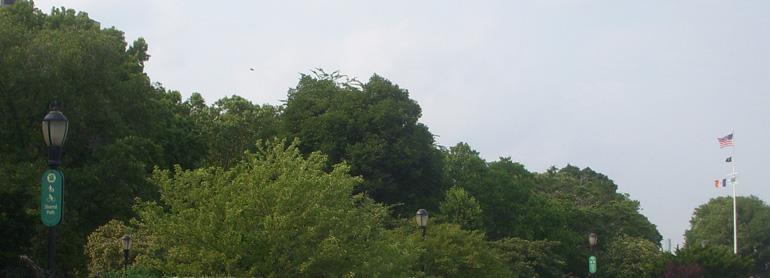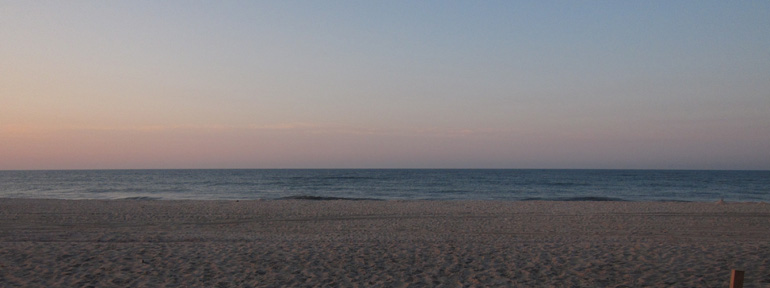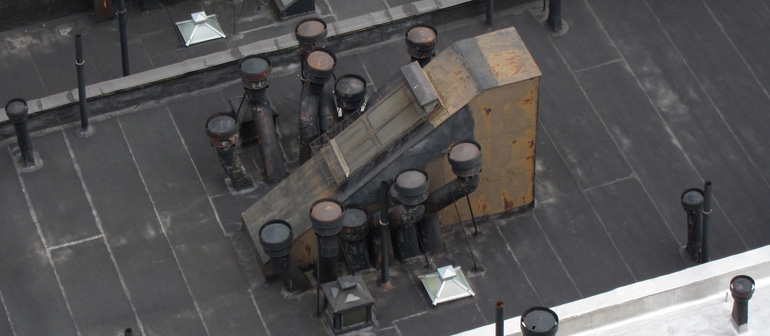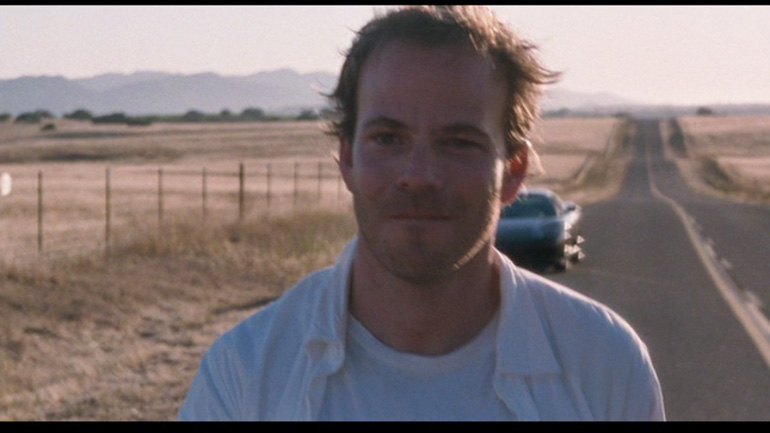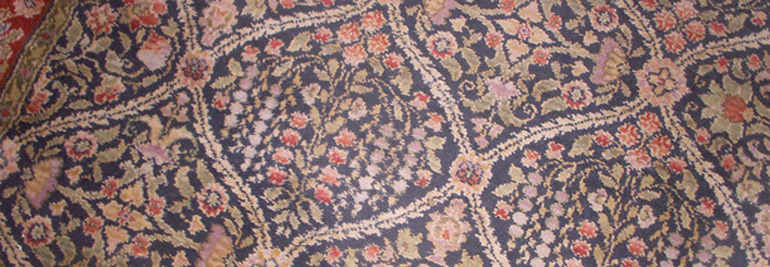
Diarmaid MacCulloch’s Christianity: The First Three Thousand Years is one of those books that you read because, hey, come on, it’s required. Its thousand-page length makes you sigh, but you sit down and open it up and find that it’s really very readable. You notice that its twenty-five chapters are broken up into subheadings that are rarely more than fifteen pages long, and usually shorter than that. Some of it will be familiar. Much of it won’t be. (Ethiopian Christianity, for example — you’re probably not up on that.) Never before will you have come across the bits and pieces that you do know in a single, steady-voiced context, one that makes it easy to accommodate the things are new.
From time to time, you’ll have a faintly jarring sense that the context itself is odd. Saints and popes and theologians and the Hebrew patriarchs and prophets and of course Jesus and Peter and Paul crowd the pages, but although MacCulloch’s tone is superbly respectful, he is not at all ecclesiastical: we are not in church here. Christianity is onsidered as an institution, evolving, splintered, quarrelsome, and, like every other institution, very imperfect. Although the author frowns on burning heretics at the stake and other overzealous abuses of power (we always know that they’re wrong, afterward), he does not judge the faith or the convictions of the men (and very few women) whom his story brings before us. He is at least as ambivalent about Augustine of Hippo as Augustine was himself inconsistent.
There are a few points that I’d have like to see sharpened, for example the pre-emption of high clerical offices by the aristocratic families of Europe — and the Roman Catholic Church’s ossifying complacency with that arrangement. And I’m still convinced that the imperial subsidization of “cult” underlay a lot of the doctrinal divide that so vociferously emerged when Constantine established Christianity — not the response that he was expecting! But I am never going to write a history of Christianity, and it’s just as well that MacCulloch’s genuinely ecumenical narrative claims the canonical spot for the time being.Â
There have been church histories before, but they’ve been written either by churchmen or (less often) by anti-clerical polemicists. In other words, there really haven’t been any church histories. Even most educated people still see the Roman Catholic Church as it liked to be seen during the centuries in which it controlled the history-writing: a serene, unchanging magisterium beset from time to time by noxious disobedience, until the tragedy of the Reformation, to which the Church responded by making itself even more unchanging and serene. The course of true faith was a lot bumpier than that.
With the Reformation, many of those noxiously disobedient voices attained respectable and permanent platforms, and Protestants were very quickly divided among themselves on the answer to a question that the Church had managed to muffle: is our afterlife predestined? There were many other points of difference, too, but nothing could ever be settled for long in a body of religions that shared a common foundation in apocalyptic fervor and an ever-renewed coterie of believers in the imminence of End Times. Christianity has endowed the world with an extraordinary ethic of benevolence, but implementing this ethic has always been made difficult by Christianity’s refusal to honor earthly, material ends. The world is not good enough for Christianity — it’s really that simple.
How wonderful it would be if Christian impatience stopped at the self: we would all be kept busy working on our shortcomings, especially the ones that interfere with helping others. And helping others would be the final objective. What sullies the Christian mission in my eyes is the gross, greedy, and ill-considered longing for personal resurrection. That, unfortunately, is as central to Christian doctrine as anything in the Sermon on the Mount.Â
But there I go, telling you what I think. I’m just as glad that MacCulloch refrains, for the most part, from doing so. Although the book inspired a lot of spicy thinking, I read it with a level head, every now and then knocked dumb by one of the two or three odd terms that constitute key markers for MacCulloch. These would include “Chalcedonian” and “Miaphysite.” They’re not unrelated. Quarrels about the nature of the Trinity persisted long after the Council of Nicaea, which did not, despite what you were taught, wrap things up for good. The relations between the Three Persons might have been settled, but who, really was Jesus? The Miaphysites — formerly, disrepectfully called “monophysites” — believed that Christ had a single nature, an “indwelling by the Logos.” Their opponents, the Dyophysites, known to us as Nestorians, believed that Christ’s nature was dual, containing both the divine and “the new Adam.” At Chalcedon in 451, a council endorsed a compromise definition that “left bitter discontents on either side in the Eastern Churches.” The Ethiopians were Miaphysites, as were (and are) Armenians; the Nestorians, of which Syriac Christianity is an exponent, expanded into China.
But don’t take my word for any of this; I believe that my mind has lost the vestigial organ of thought that would enable it to consider such matters to be worthy of understanding. I was surprised to see phrases such as “Chalcedonian and anti-Chalcedonian alike” popping up in much later contexts. The ongoing battle between Calvinists and Arminians is a little easier to grasp, but I had the damnest time telling the difference between Evangelicals and Pentecostals, whom I’ve always put in the same cubbyhole. Which is a Chalcedonian thing to do, I suppose: tossing the radicals at both extremes into the same bag of mortally opposed uncompromising hotheads. Â
Christianity obviously has a long-lived subject that no purely secular institution can match. No nation — except for China, and that just barely, and with interruptions — has lasted anywhere near as long. Clovis, and, with him, France, appears on page 323. The Holy Roman Empire is almost an irrelevance. It’s unusual to read a book that talks about Homer and Abraham at the beginning and Great Awakenings and Abolition near the end, but the glory of Christianity is that the connection between then and now is always palpable and always strong, even if it’s not always entirely understandable. It turns out that American Evangelicals are hardly the first bunch of Christians to take an interest in the Holy Land that’s predicated on the (very unlikely) conversion of the Jews. An Evangelical Alliance of Britons and Germans were working on a plan to repatriate Jews (and then convert them) as early as 1846. Because how can the End Times take place before the conversion of the Jews? The one little factoid that I am never going to forget is that the idea of Pre-Tribulation Rapture was first popularized by a former Anglican priest from Ireland by the name of John Nelson Darby, in 1827. Sometimes, there’s something new under the sun.

